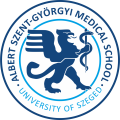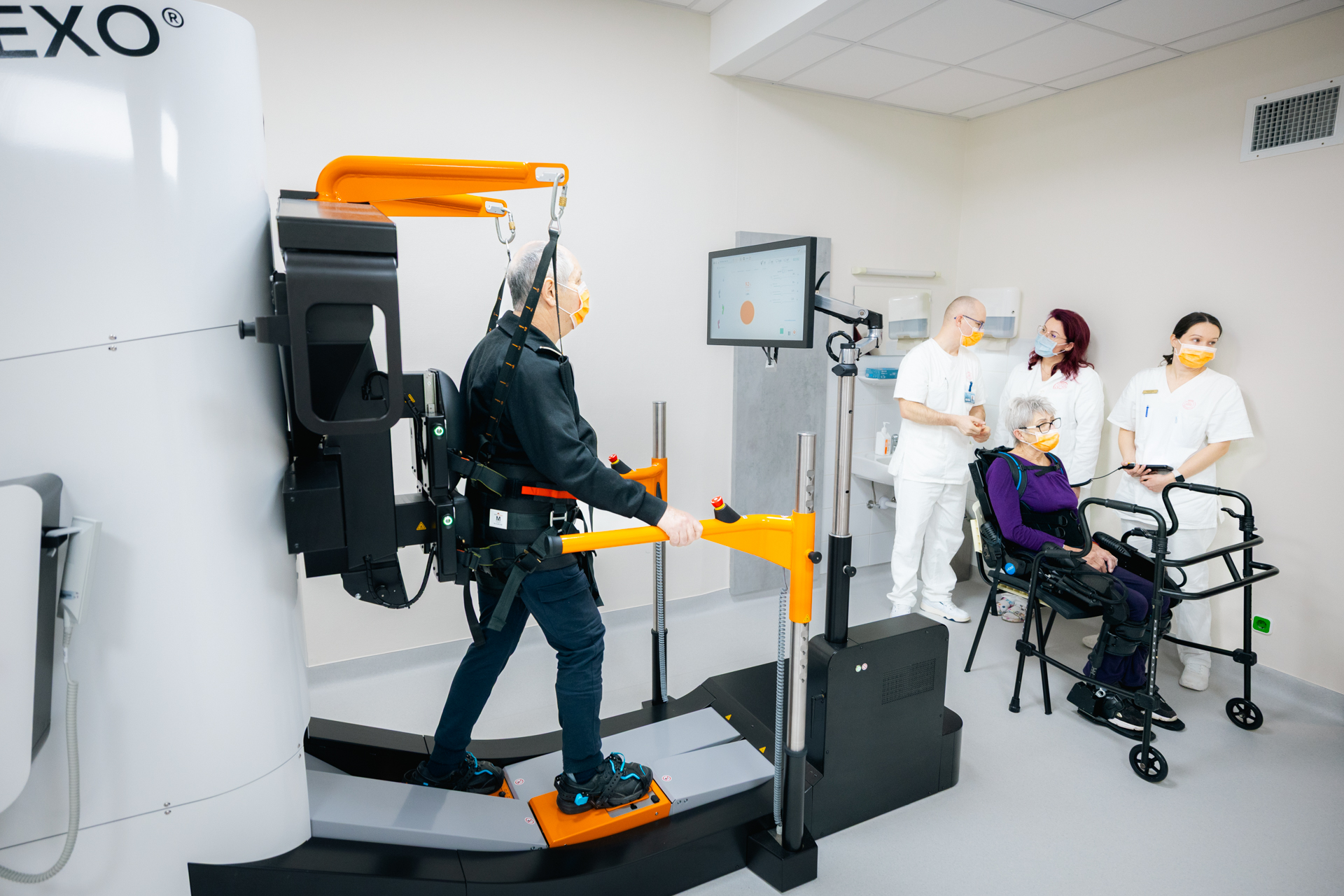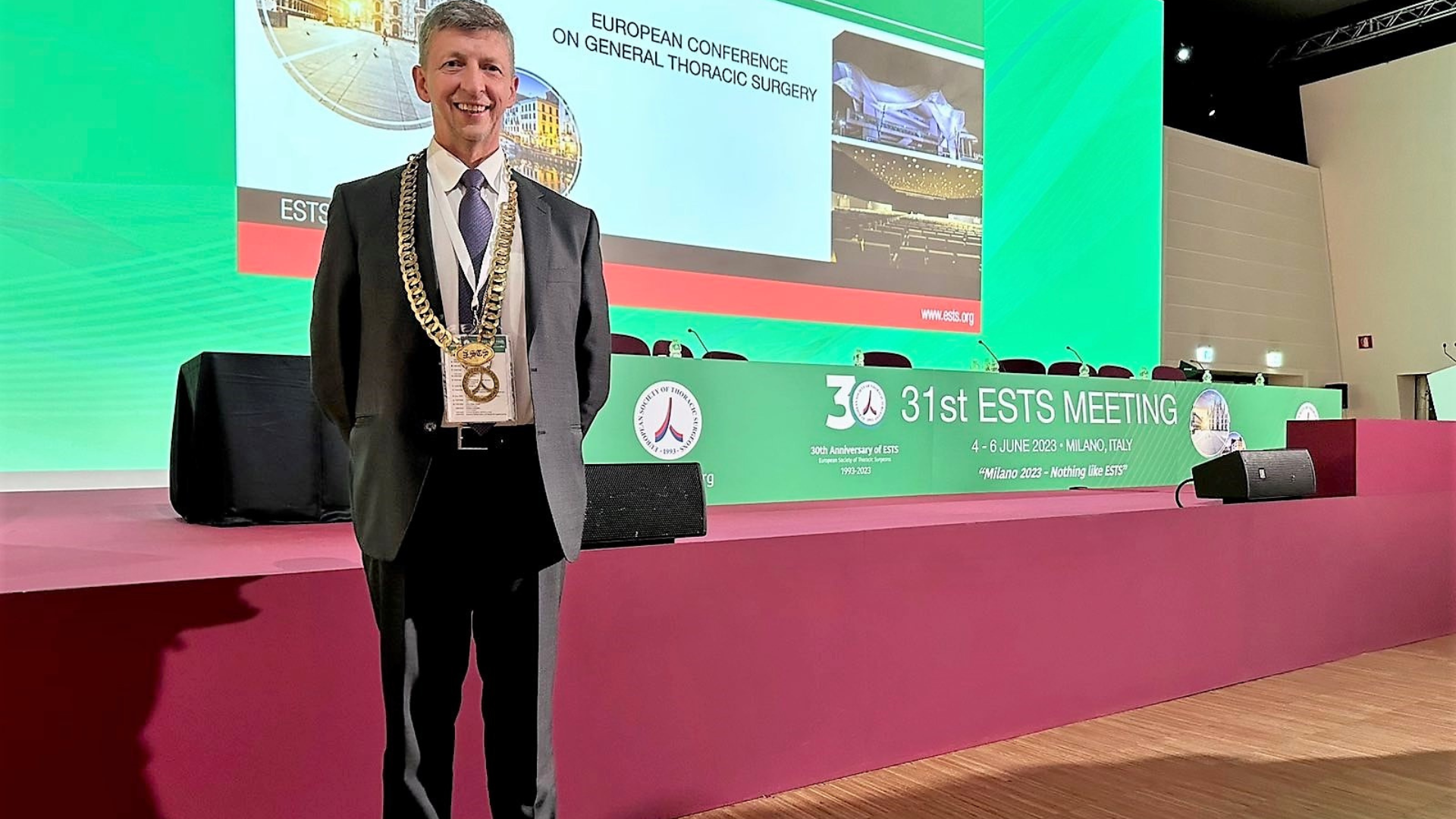University of Szeged
Albert Szent-Györgyi Medical School
Foreign Students' Secretariat
Your Education. Our Mission.
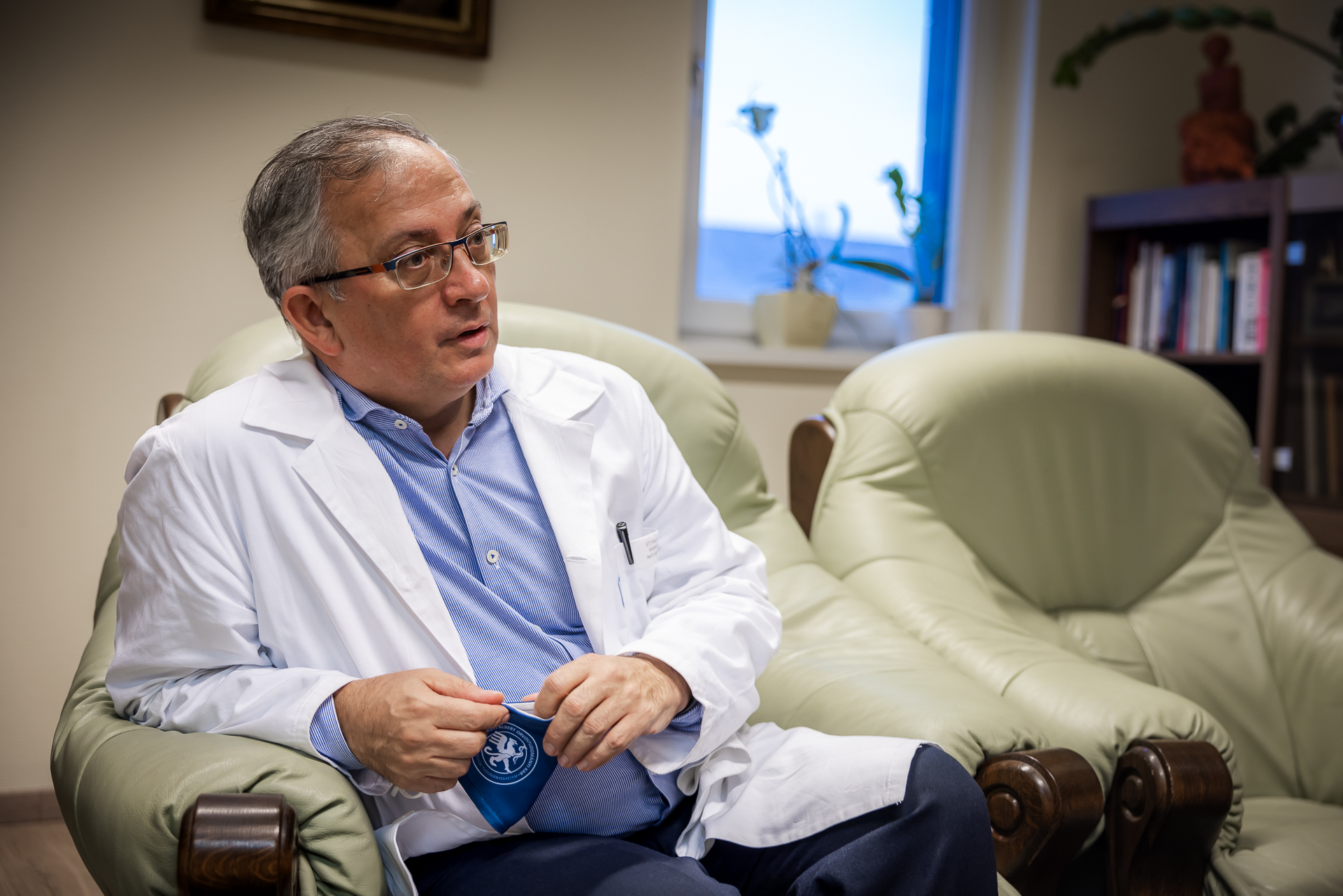
The Medical School of the University of Szeged has received WFME accreditation
Following a thorough self-evaluation process covering several areas and an on-site visit by the Accreditation Committee, the Albert Szent-Györgyi Medical School at the University of Szeged has been granted accreditation by the World Federation for Medical Education (WFME) for eight years, until 15 December 2031.
According to Prof. Dr. György Lázár, Dean of the Medical School, this achievement is the result of hard work on part of the faculty’s students and staff. The license will make it easier for students to continue their studies or take up employment in other countries.
Earlier, the WFME has decided that from 2024 individual medical schools will no longer be recognized. Instead, schools must be recognized by their country’s national accrediting agency, which then must be recognized by the WFME. Without this accreditation students who attended medical school in that country will not be allowed to apply for ECFMG certification. In order to strengthen the international competitiveness and recognition of the medical education in Szeged, the Albert Szent-Györgyi Medical School has committed itself to obtain the WFME license, said Prof. György Lázár, Dean of the Medical School.
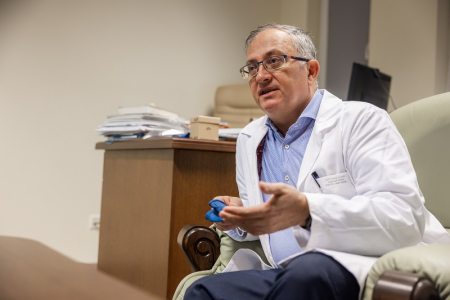
In November 2023, the Hungarian Accreditation Committee (MAB) decided to support the accreditation of the Medical School. The faculty submitted its self-evaluation for the WFME accreditation process in January 2023. This was followed by a three-day visit, during which the visiting committee held discussions with a number of department heads, academic supervisors, theoretical and clinical instructors, office staff and students. In addition to private meetings, the members of the committee visited the faculty's buildings, facilities, classrooms and examined its infrastructure.
’The positive decision of the MAB is of great importance for us, as it will not only ensure the competitiveness of our medical education in Hungary, but also the international recognition of degrees obtained here. The process was essential for the recognition of medical training in Szeged in the United States, and the accreditation is also an important factor in the employment of students from South Korea, Japan and Israel back in their home countries. It provides parents and other stakeholders with confidence in our commitment to maintaining and improving the quality of education, and serves as a symbol of accountability and transparency. Patients are also more likely to trust health professionals who have graduated from accredited programs because they know they have gone through rigorous and standardized educational processes. This success is a shared achievement; the result of hard work on part of the Medical School, its students, alumni, staff and external partners,’ said Prof. Dr. György Lázár.

